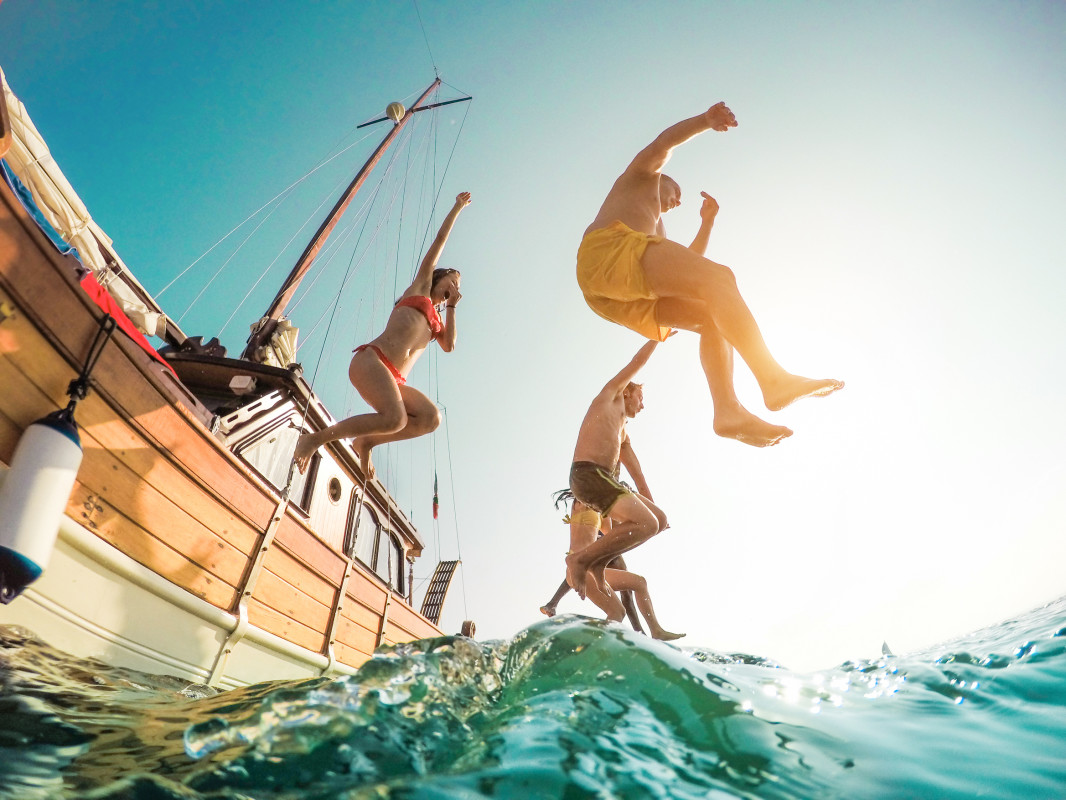
You’ve heard of the term “personal finance”. Now get to know the latest money-saving maxim, “personal floating.”
That’s where the houseboat sector comes in, as the residential watercraft market is increasingly the place to hang your hat in an era of high home prices and soaring rental prices.
Related: Dave Ramsey explains house buying in 2023 and why now is the time
Made famous by the 1980s detective show “Miami Vice” where Sonny Crocket, played by Don Johnson, resided in a floating home, the houseboat is making waves as more consumers are finding life on the water is less expensive than dealing with 7% mortgages and flinty landlords.
A case in point. Houseboat living has risen by 6% in the U.K. in the last decade, but it’s risen by 84% in London over the same time period, according to Rightboat, a digital boating platform.
Houseboat prices are cited as being much lower than a mortgage or long-term rental. A mid-level, two-bedroom, motorized home craft can go for about $250,000, Rightboat reports. A higher-end model “that resembles superyachts” can cost $600,000-to-$800,000. Meanwhile, a used pontoon watercraft can be had for as low as $40,000.
More Real Estate:
- Elon Musk Warns About a New Housing Crisis Worldwide
- These Affordable US Real Estate Markets Are Under the Radar
- Dave Ramsey Explains Why Now Is a Great Time to Buy a House
Mooring fees can add about $100 to the monthly houseboat tab, and you can add insurance, water-pumping, and maintenance fees of up to $100 each per month to the total cost.
Even so, houseboat life seems much less expensive than living in a rental.
For example, a monthly New York City rental, including utilities, costs on average $4,082.36 according to Rightboat. Yet a slip and mid-size houseboat goes for about $1,800 per month. Or how about Seattle, a city literally exposed to mile after mile of open water? There, the per-month savings from living in a houseboat over an urban rental stand at $1,506.70.
Living on a houseboat may also make you a happier, although presumably not a drier, person.
“An extensive study on happiness in certain environments found that when people were near marine or coastal locations, they scored six points higher for happiness than in an urban environment,” Rightboat data analysts reported. “Perhaps the rhythmic ebb and flow of the tides, the soothing sounds of the water, or just the fact the water is naturally beautiful makes us feel calm and happier.”
Get exclusive access to portfolio managers and their proven investing strategies with Real Money Pro. Get started now.







